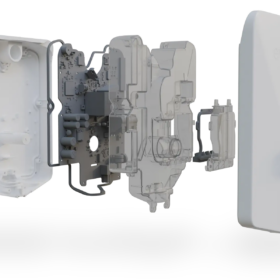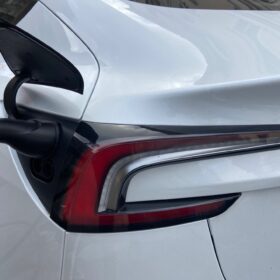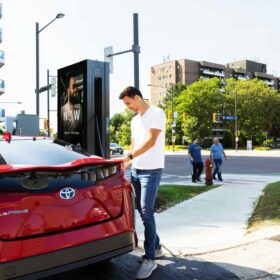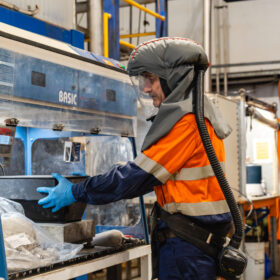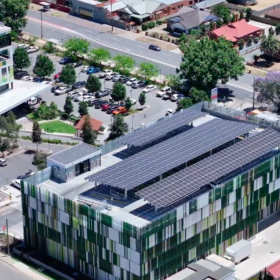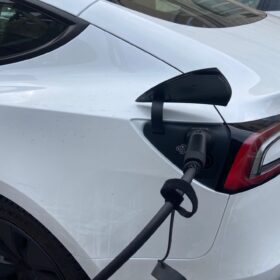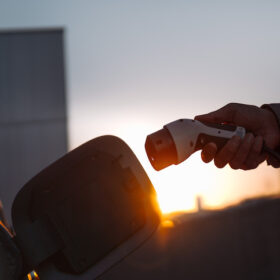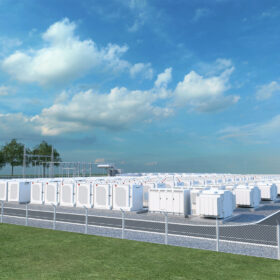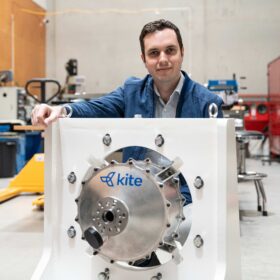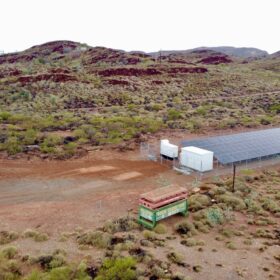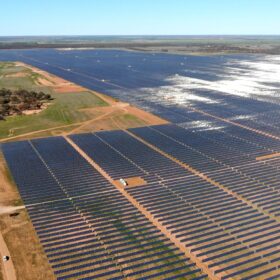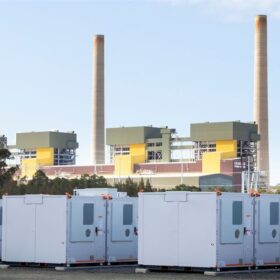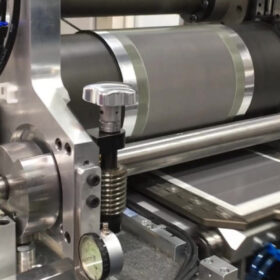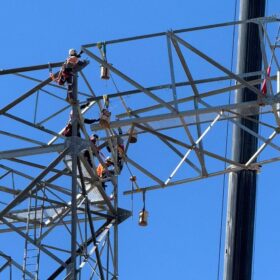New Zealand-made EV home chargers launch in Australia
New Zealand electric vehicle home charger manufacturer is introducing it’s 7.4 kW E2 product range to Australia, that both divert excess solar power from rootfop installations and provide up to 50 kilometres of charge per hour.
Tesla hit with class action around phantom braking
Electric vehicle giant Tesla is being sued in Australia over claims it sold vehicles that are defective and don’t deliver on the company’s promises around autonomous driving capabilities and battery range.
Jolt secures $214 million to accelerate EV charger rollout
Australian electric vehicle charging provider Jolt has secured a $214 million loan agreement with the Canada Infrastructure Bank to install 1,500 kerbside EV chargers across urban centres in Canada.
VSPC eyes cathode powder global supply chain with $30 million ARENA grant
Queensland manufacturing company The Very Smart Particle Company has been granted $30 million non-recourse funding to commercialise a new process for manufacturing cathode powder used in lithium-ion batteries.
Local government solar and battery initiatives win federal funding
The Australian government has released $50 million to local governments across the country to co-fund energy efficiency and electrification upgrades in round one of its community energy upgrades fund.
Research paints positive picture of used EV battery health
New Australian research around battery degradation in used electric vehicles has found average battery health exceeded 90%, even for vehicles that have travelled more than 120,000 kilometres.
ARENA roadmap shines light on vehicle-to-grid charging potential
A roadmap for bidirectional electric vehicle charging in Australia, released by ARENA in partnership with RACE for 2030, is set to play a key role in guiding policy and initiatives for the widespread commercialisation of vehicle-to-grid technologies.
Breakthrough research boosts Li-ion battery stability, efficiency and density
South Korean scientists have developed a breakthrough lithium-ion battery technology by modifying the LNMO cathodes that enhances stability and efficiency, boosts battery lifespan, and energy density of Li-ion batteries.
Victorian startup to step up production of lightweight electric motor tech
Victorian startup Kite Magnetics plans to accelerate the development and production of its lightweight electric motor technology with a new advanced manufacturing facility to be established in Melbourne.
Australia’s longest connected electric vehicle highway completed
Australia’s longest connected electric vehicle highways is now operational in Western Australia, covering a 7,000 kilometre route and featuring 110 charging points across 49 locations.
